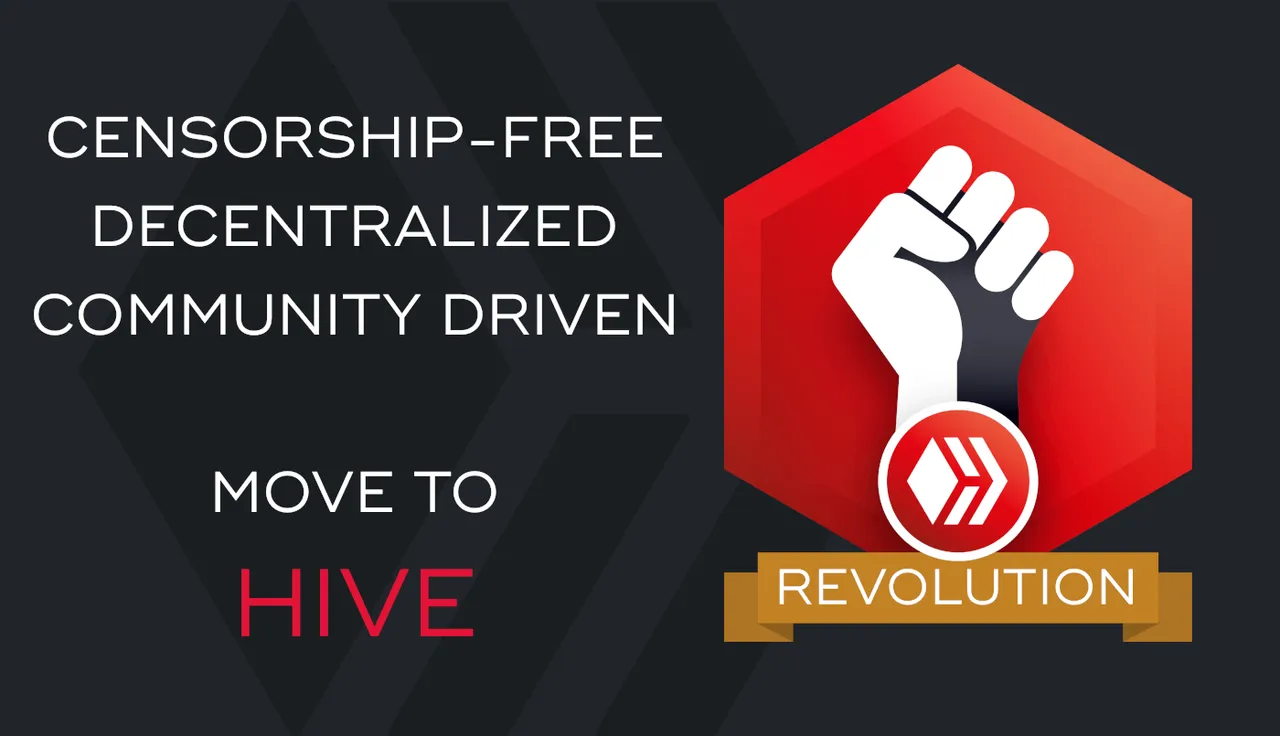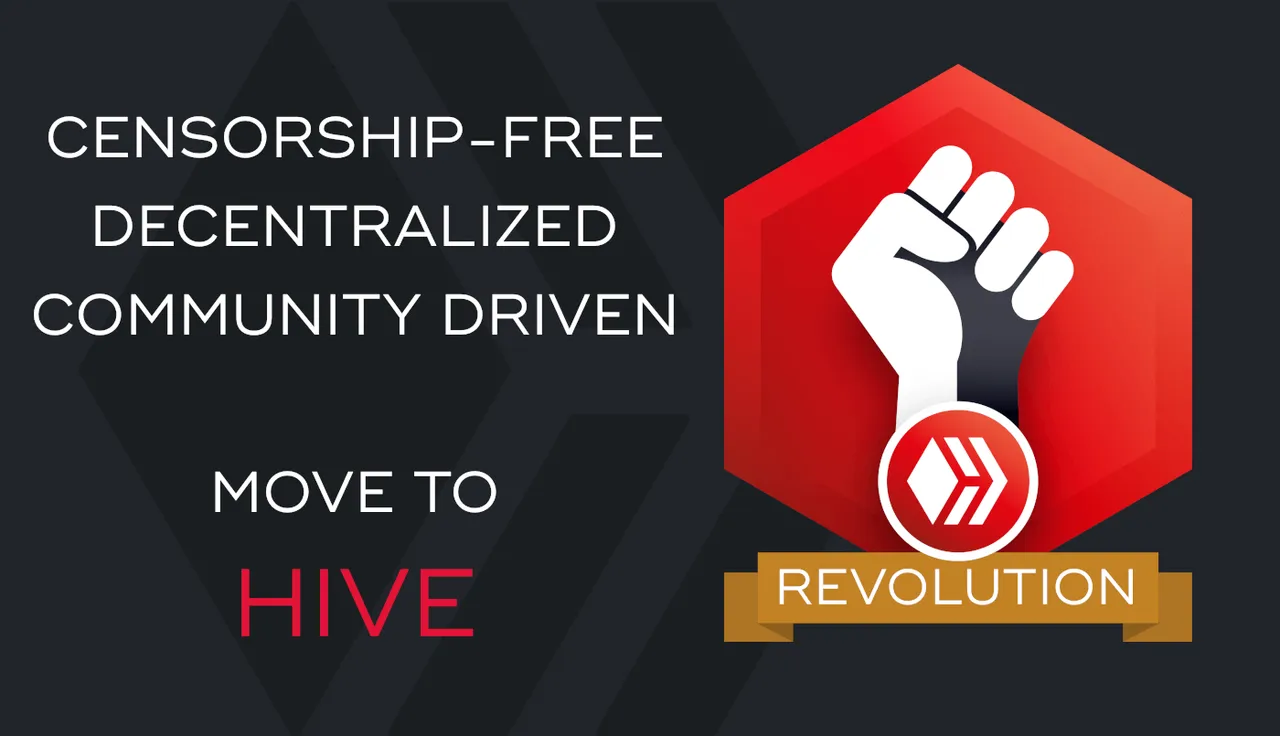Hi Everyone,
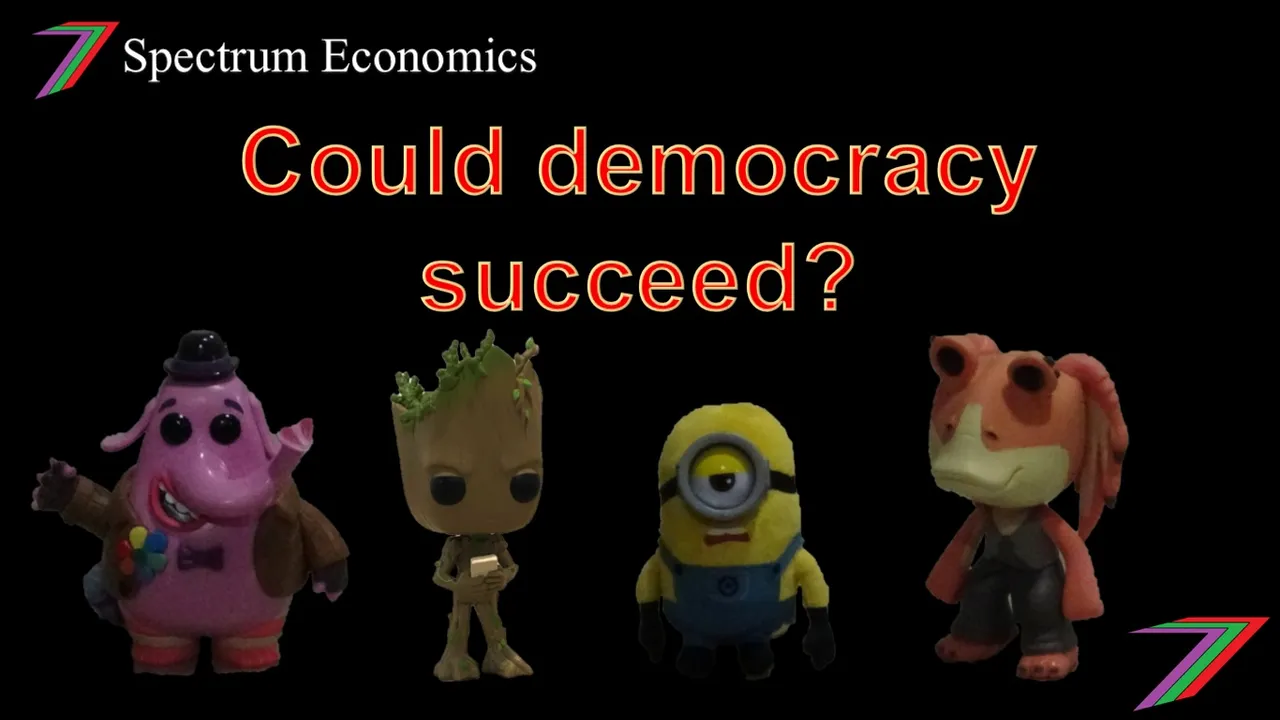
This post continues from my post ’Raise your hand if you live in a Democracy’. In that post, I presented evidence that there are no true democracies (i.e. no direct democracies, not even Switzerland) at a national level. In this post, I want to consider if democracies existed could they actually be successful. As I have discussed in the previous post, the word ‘Democracy’ or ‘Demokratia’ is derived from the two Greek words ‘Demo’ and ‘kratos’ which means ‘the people power’. The people determine how a country, city, or community operates. This is the opposite of a dictatorship where just one person or a small group of people solely make decisions for the population.
Small vs large

In 2018, the world population reached over 7.6 Billion people (www.worldometers.info 2018). Only 20 countries experienced a decline in population between 2010 and 2015; this is demonstrated in the figure below.
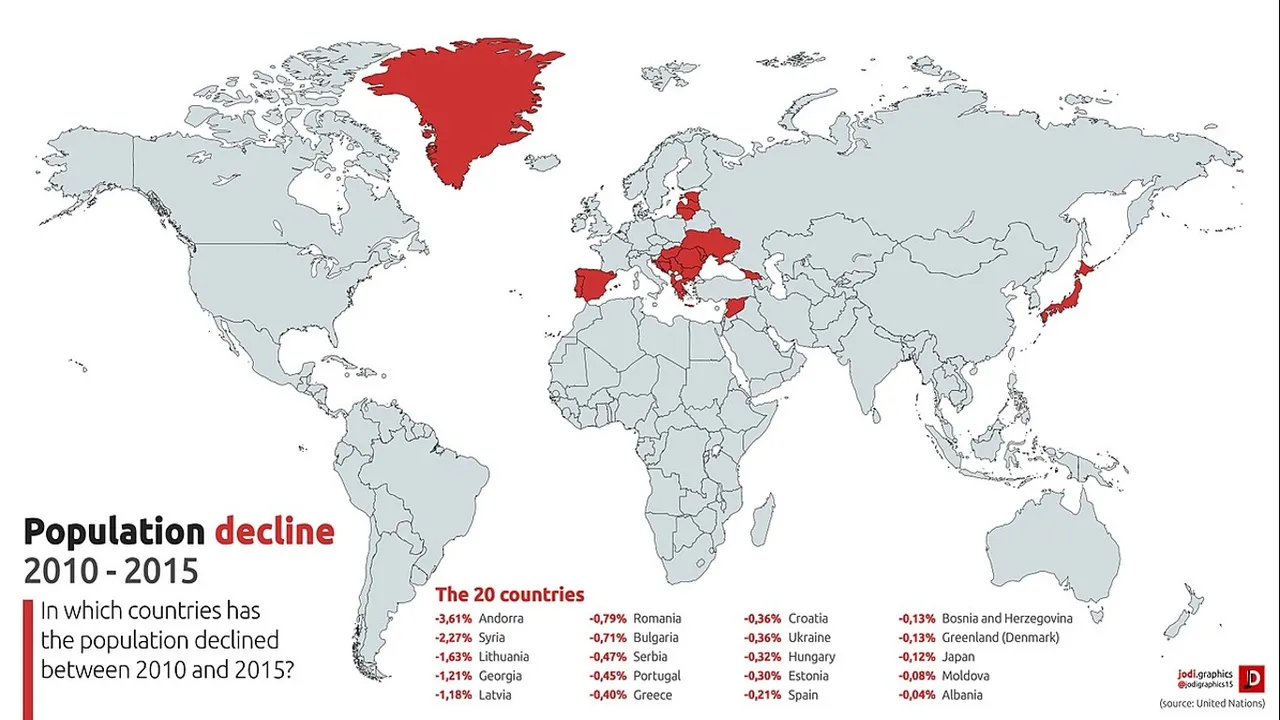
Source: (Wikipedia 2018)
In addition to the increase in population, for most countries, the total number of migrants also increased significantly. Many of these migrants have very different cultures, religions, values and backgrounds.
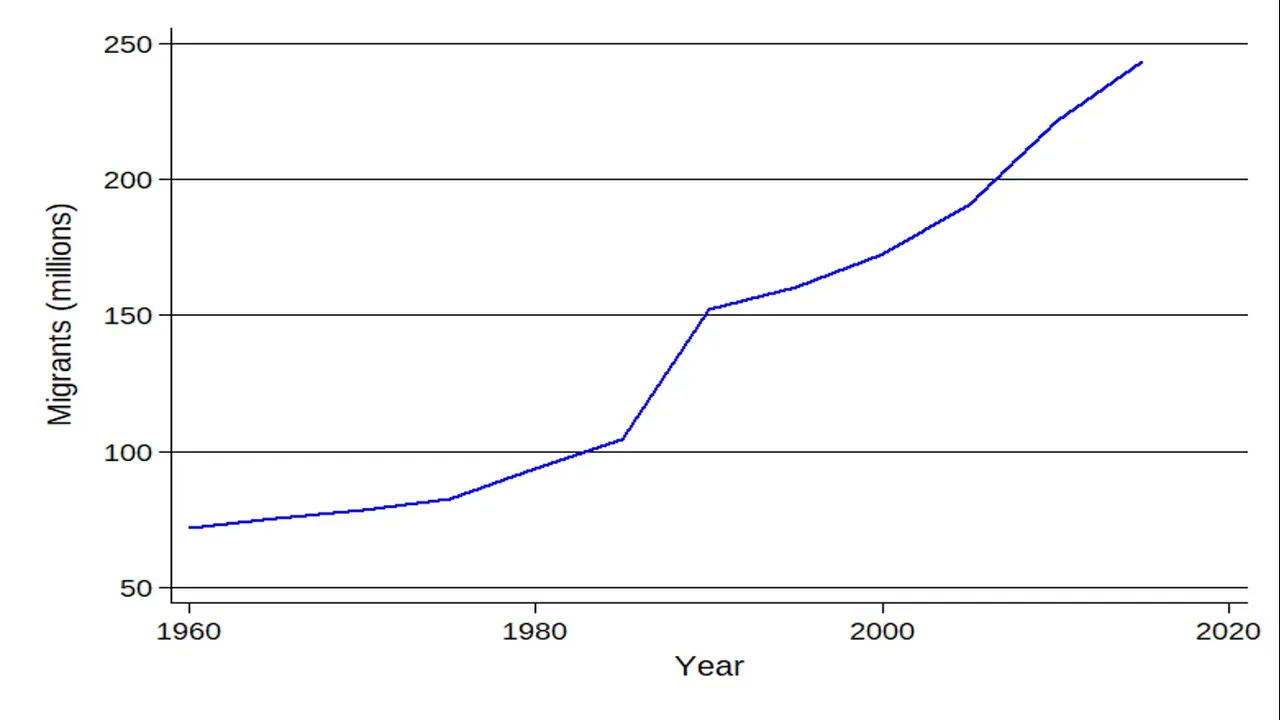
Source: (Wikipedia 2018)
Effectively representing a very large and diverse group of people can be expected to be very difficult. As countries grow and become more diverse, this will become even more difficult.
Even if the population is quite small. The geographical location of all citizens could present further problems. People living in towns have different concerns from those in the country and they have different concerns to those living in the mountains. An overarching democracy for all these groups would not be able to represent all the needs, wants, desires, and concerns for these groups.
Referendums
I am going to be discussing democracy (direct) in this post mostly in the context of decision making through referendums. Democracy need not necessarily be demonstrated purely with referendums. Neither should every single decision require a referendum. However, referendums are one of the very few methods that the entire public can exercise their power over decision-making. I will discuss alternative methods of how democracy can be implemented or partially implemented in another post.
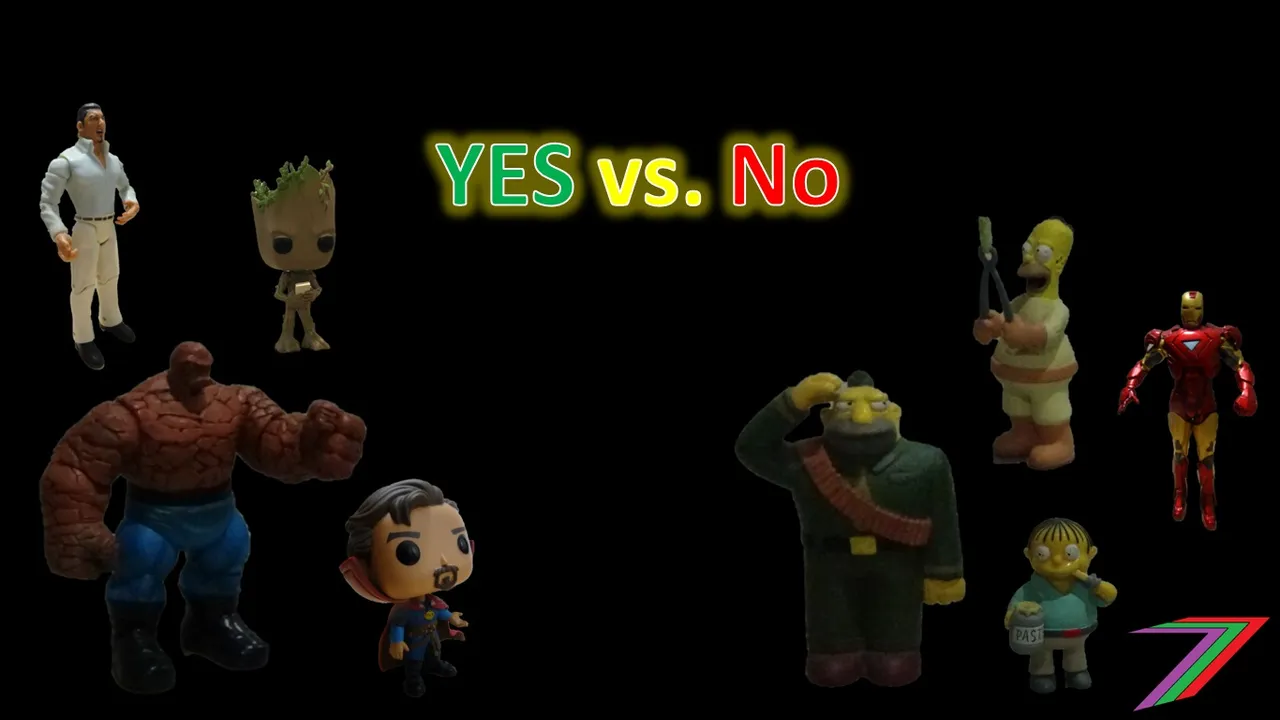
Referendums enable the people to vote on important decisions that affect society. Referendums should occur when there is strong public desire for change in areas such as policy, legislation, regulation, procedures, development, etc. Public interest can be demonstrated through polls, surveys, debates, feedback from grassroots leaders. In most ‘proclaimed’ democracies, referendums are rare. They are often not triggered from feedback or public pressure but from decisions made by Government.
Advantages
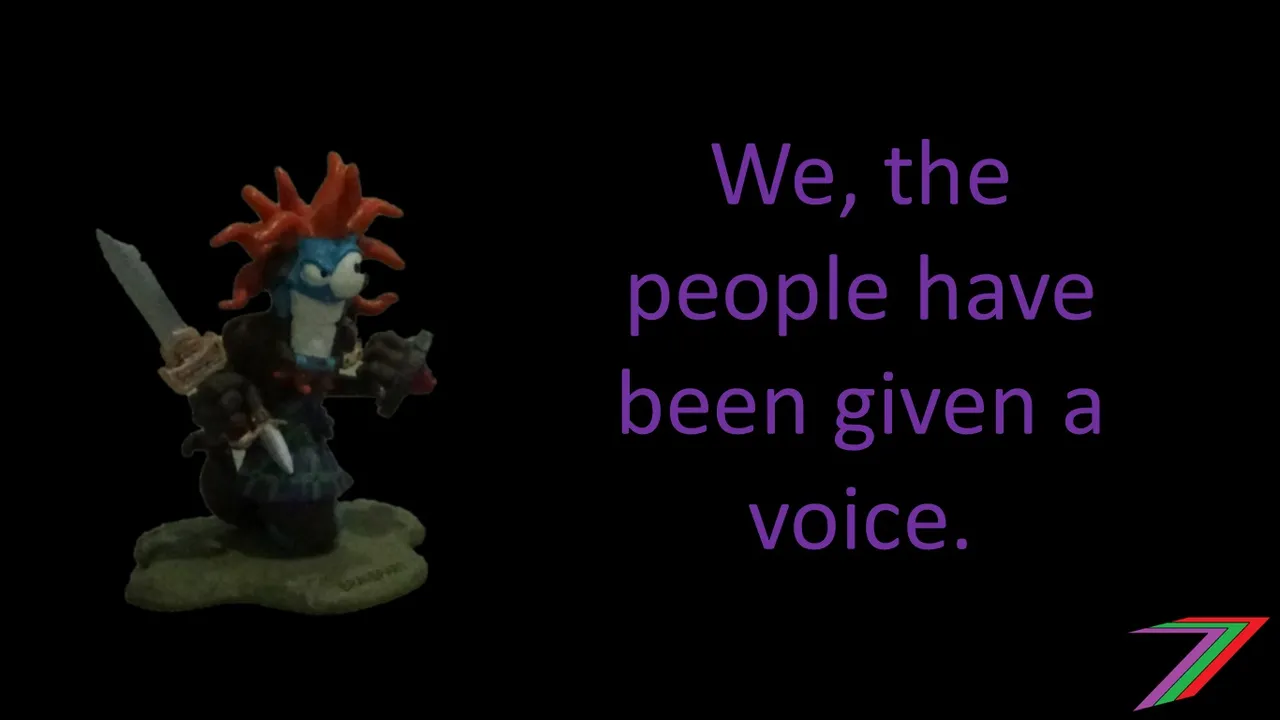
If referendums are triggered based on public demand, they have several advantages.
- Changes can be made based on public opinion of the majority rather than direct Government control.
- Encourages broader debate of most pressing issues.
- Responsibility for decisions fall on the people rather than Government.
Changes can be made based on public opinion of the majority rather than direct Government control
Referendums put the decision directly in the hands of the public instead of the Government. Decisions represent the many instead of the few (i.e. Government). It is Important to have decisions driven by many people as this creates a dilution of control and greater freedom.
Encourages broader debate of most pressing issues
Referendums enable more open debate and discussions around issues that are most important to the people. These discussions and debates provide a great method of understanding the major concerns, strengths, and weaknesses of each possible position from the result of the referendum. Transparency around decision-making should also be improved as more information is presented to the people regarding how changes could be implemented as well as the likely outcomes.
Responsibility for decisions falls on the people rather than Government
Greater responsibility should lead to greater consideration and knowledge around issues that most affect people. Many people fall into the habit of leaving decisions in the hands of other people. In most case, these other people are the Government. If society required people to actively make decisions, there is more incentive for people to become informed regrading those decisions. In smaller communities, the incentive is much stronger as voting has more value when there are fewer voters. In large communities, the incentive will be quite small as one vote makes very little visible difference. The average person’s sphere of influence would also be insignificant.
Disadvantages

Referendums also have many disadvantages as well. Even if all those participating have the best intentions. Such disadvantages are as follows:
- People can be manipulated
- Not everything affects everyone to the same magnitude
- Costly and time consuming
- Uniformed people have equal say as informed people
People can be manipulated
Sometimes choice can be an illusion. People make decisions based on their own perceptions. Many factors such as religion, culture, upbringing, education, media, personal experience and observation influence a person’s perception. These factors filter what and how we perceive the world around us. Institutions that wish us to perceive the world in a particular way also control most of these factors. People are exposed to religion, culture, upbringing, and education when they are very young. Young people are also generally not taught to challenge what they learn. These early teachings have a great influence on how a person perceives the world as they mature.
Media and entertainment often enforces particular beliefs and perceptions with a particular portrayal of reality. Anything that does not align with the general narrative receives very little exposure. Over and under-reporting of particular events in the world can easily distort perceptions of reality. For the example, the extent of media attention on terrorism compared to car crashes creates the illusion to some people that terrorism is a bigger social problem than road safety.
People are less likely to be manipulated if they experience the problems first hand and are able to clearly identify the source of a problem. This is considerably more likely for smaller communities.
Not everything affects everyone to the same magnitude
Very few areas heavily affect everyone. National policy, legislation and regulation have the potential to affect everyone but not in the same way or magnitude. In 2018, Australia had a poll (This poll was a type of bastardised referendum where the Government made no pledge to respect the outcome) in regards to legalising gay marriage. Gay people were greatly affected by such proposed changes but most of the population were close to indifferent in regards to gay marriage laws. Those that were indifferent could have as much influence in the poll as those greatly affected.
Uniformed people have equal say as informed people
Votes in referendums have equal weight. A referendum could be about a particular change in law that has implications that are not clearly understood by a large proportion of the voting population. Those that do not have a good understanding have equal weighted votes to those that have a good understanding. People that do not understand are more likely to be misinformed or partially informed by those that understand the implications. Those that understand the implications can manipulate others to vote in a way that suits their own interests. Brexit was an example of where both the pro and anti-Brexit campaigners manipulated information to portray an unrealistic future.
Large-scale referendums are more likely to have more uniformed people than small-scale referendums. Small-scale referendums are more likely to be about matters that are more relatable to those voting as these matters are on most people’s doorsteps and not hundreds of kilometres away.
Costly and time consuming
Referendums conducted on a large scale can be both time consuming and expensive. Many referendums have a build-up period where people from various sides explain why a particular position or choice is beneficial.
There are also the monetary costs of conducting referendums. The Brexit referendum cost £142.4m (BBC.com) and the Scottish referendum cost £15.8m (BBC.com).
The larger the scale of the referendum, the higher the costs. Small community referendums would be considerably less costly. If the community is sufficiently small, on the spot voting at community gatherings could take place.
The problems of small democracies
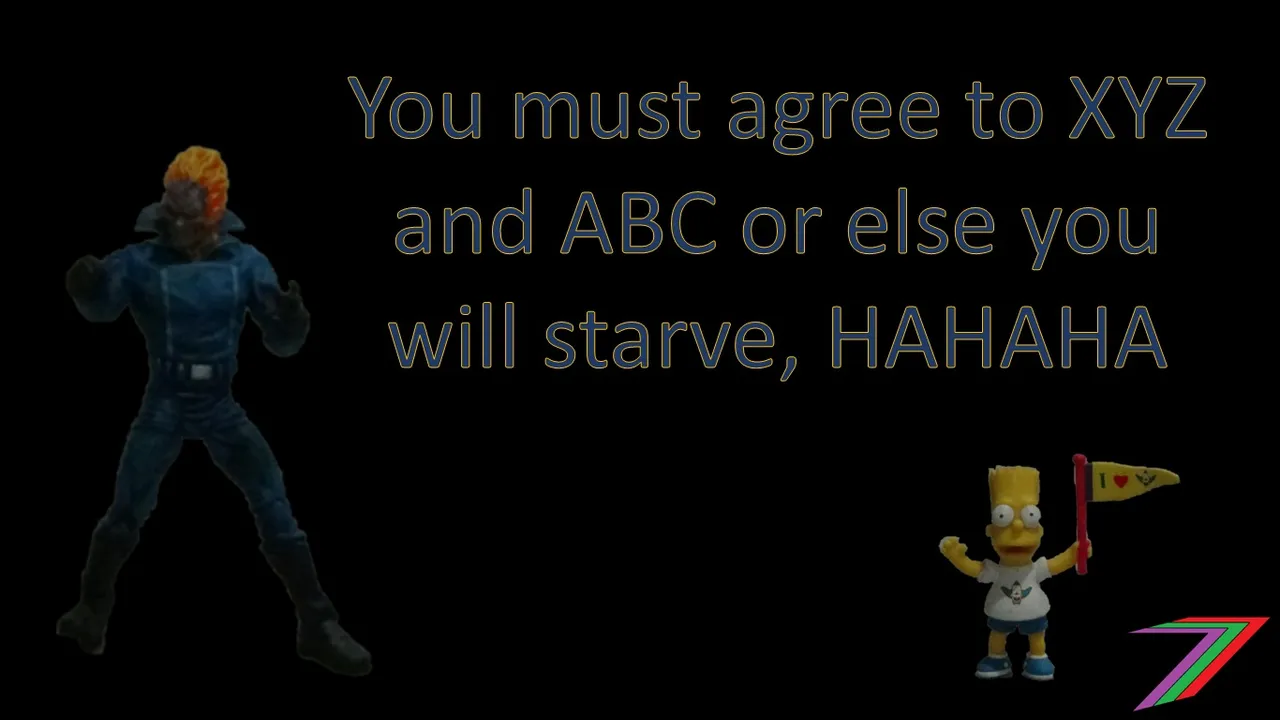
So far, almost all aspects of democracy that I have discussed indicates that a democracy can operate significantly better with a smaller population located in close proximity to each other. These types of small communities (countries, towns, villages, etc) have several weaknesses as well.
- Very small communities are rarely self-sufficient.
- Small communities are vulnerable to large communities.
- Small community monetary systems are vulnerable.
Very small communities are rarely self-sufficient
Small communities, in order to thrive or even survive, need to be able to trade with other communities. Depending on what the community produces and does not produce, determines the strength of the communities ability to trade. Large communities generally have an advantage because they have more resources.
Small communities are vulnerable to large communities
Large communities generally have more resources than small communities. If a small community does not have the support of other communities, the larger communities could exploit the smaller community. It is important for a small community to build up strong relationships and ties with other communities to protect them from larger more aggressive communities.
Small community monetary systems are vulnerable
For a community (country) to be independent, it needs to have a monetary system that is not controlled or manipulated from outside the community; this, in a conventional sense, is very difficult. If a community uses another country’s currency or even pegs their currency to another country’s currency, the other country will control the monetary system.
Even if the community has its own currency, it can still be manipulated by other countries because the supply of the currency is small. Large wealthy institutions can buy and sell large quantities of money, thus destabilising the currency.
Decentralised cryptocurrency could offer a great solution. If many countries, communities and businesses adopt the cryptocurrency. The market capitalisation (price × supply) of the cryptocurrency will become too large to be easily manipulated by large companies or institutions. The decentralised nature of cryptocurrency prevents anyone controlling or manipulating the supply.
Conclusion
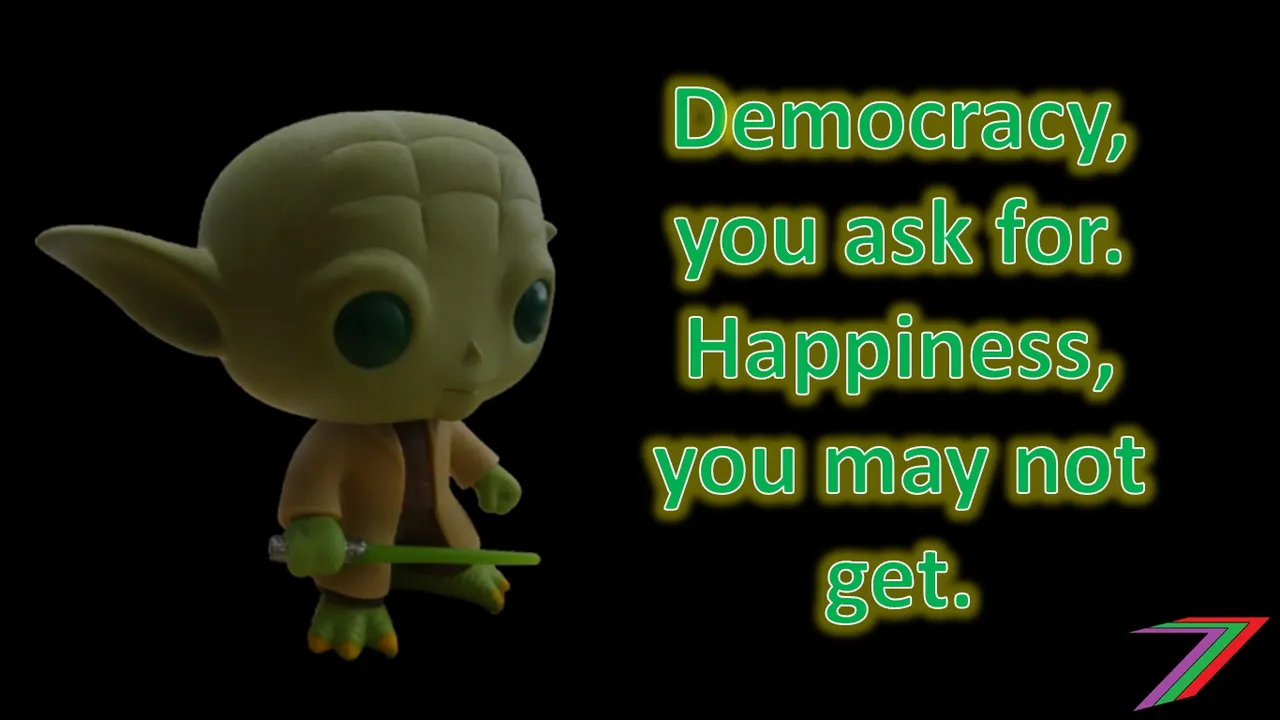
We live in a world where many Governments claim to represent democracy. Instead, they offer us with ‘representative democracy’, which in many cases is a two party/candidate system. This system in the best-case scenario contains elements of democracy but far more closely resembles a dictatorship.
If democracy existed, would it be likely to succeed. On a large scale, this appears impossible as the needs, wants and opinions of a very diverse group of people cannot be adequately addressed. The costs (money and time) involved with collecting the opinions of the public and then reaching decisions representative of the people would be excessive. Democracy could be plausible for a smaller population located in close proximity to each other.
Smaller communities face many challenges as well as have a high dependency on other communities or countries in order to thrive. In a world with many small communities, cooperation between communities is likely to be successful. In a world with very few small communities, cooperation will be significantly difficult. The larger potential trading partners are likely to dictate the conditions for trade.
If democracy is not a viable system, what system should we be striving for? Does something better exist? I will discuss possible alternatives to democracy as well as possible systems with elements of democracy in a future post.
Thank you for taking the time to read this post. I recommend that you also read the first post in this series ’Raise your hand if you live in a Democracy’ as well as my other posts focusing on democracy. Theses posts can be accessed using the links below.
Democracy and Economics - Does Democracy Really Exist?
Economics and Democracy – Does Democracy Exist? (Part 1)
Democracy and Economics (Part 2) - Major Debates
Democracy and Economics (Part 3) - Areas Rarely Discussed or Debated
Democracy and Economics (Part 4) - Solutions and Alternative Structure
First-Past-The-Post Vs Preferential Voting Systems
The Two-Party Political System – The dictatorship we didn’t know we had
More posts
To access more of my posts you can click on the links below. These links will lead you to posts containing my collection of works. These posts will be updated frequently.
